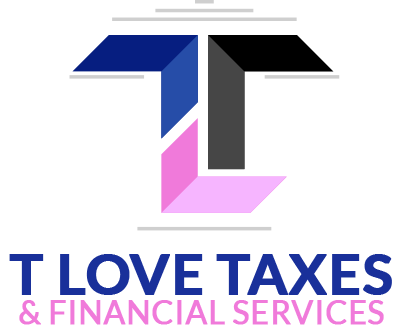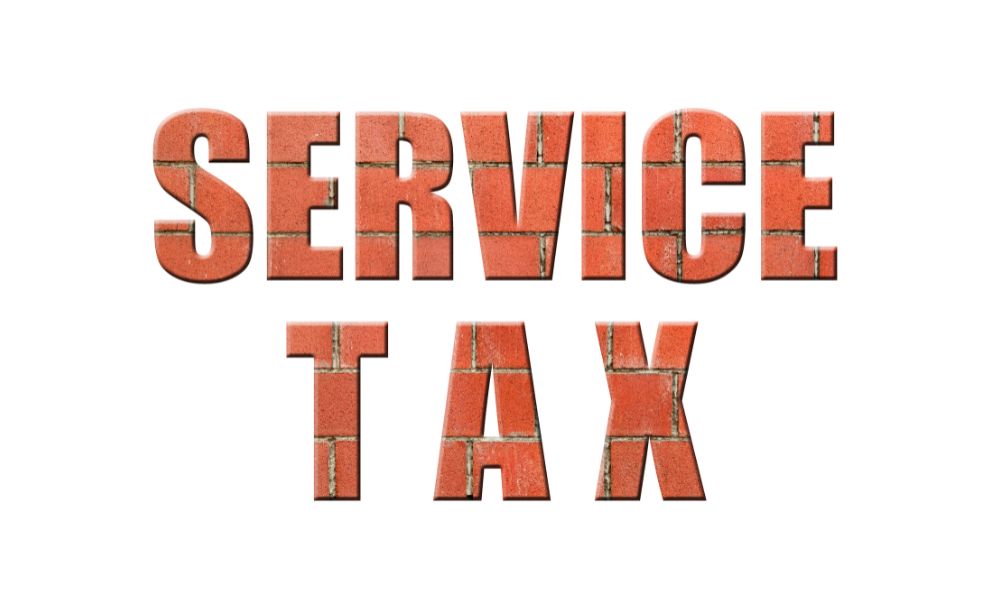When it comes to managing a business in Indiana, payroll and employment taxes can feel like a maze. This guide is here to help Indiana business owners cut through the confusion, highlighting key tax strategies, business deductions, and compliance tips that will simplify your tax responsibilities. Partnering with a reliable firm like T Love Tax and Financial Services can make all the difference in staying compliant while maximizing deductions. Let’s dive into how you can effectively navigate payroll and employment taxes in Indiana, step-by-step.
Understanding Payroll and Employment Taxes
Navigating payroll and employment taxes can be overwhelming, especially with the different tax laws and obligations in Indiana. Employers are responsible for managing federal income tax, state income tax, Social Security, and Medicare withholding for employees. Staying organized with tax payments and record-keeping can save you from costly fines or audits.
Why Indiana Businesses Need Tax and Financial Services
Partnering with professionals like T Love Tax and Financial Services offers Indiana business owners peace of mind, knowing their tax obligations are being expertly managed. Professional tax services help with compliance and can optimize deductions, tax credits, and planning strategies tailored for Indiana businesses.
Choosing the Right Business Entity for Tax Benefits
Selecting the right business entity is essential for tax purposes. Different structures, such as LLCs, S-Corps, and sole proprietorships, each have unique tax implications. Choosing the right one can help reduce liability and improve overall tax efficiency.
Types of Business Entities and Their Tax Implications
- Sole Proprietorship: Simplest structure, ideal for small, low-risk businesses. Taxes are reported on personal returns, which can simplify filing.
- Partnership: Common for businesses with multiple owners. Profits and losses flow through to partners, impacting individual tax returns.
- Limited Liability Company (LLC): LLCs offer personal liability protection, and owners choose if the LLC is taxed as a corporation or pass-through entity.
- Corporation (C-Corp and S-Corp): Corporations provide liability protection but differ in tax implications. C-Corps face double taxation, while S-Corps pass income through to owners.
Choosing the correct entity affects your tax rate and available deductions. If you’re still unsure, reach out to T Love Tax and Financial Services for tailored advice.
Setting Up Payroll for Your Indiana Business
Starting payroll involves several steps: obtaining an Employer Identification Number (EIN), registering with Indiana’s Department of Revenue, and setting up payroll software to streamline tax filings. Payroll setup is crucial for tracking employee hours, salaries, and tax withholdings accurately.
Employee vs. Independent Contractor: Key Tax Differences
Indiana businesses need to differentiate between employees and independent contractors, as each has different tax requirements. For employees, payroll taxes are withheld, whereas independent contractors handle their own taxes. Misclassification can lead to severe penalties, so understanding this distinction is essential.
Tax Deductions for Business Expenses
Taking advantage of tax deductions is vital for reducing taxable income. Common deductions include:
- Office Supplies and Equipment: Deduct expenses like computers, office supplies, and furniture.
- Business Mileage: Track and deduct business-related travel.
- Employee Benefits: Deduct health insurance, retirement contributions, and other employee benefits.
- Advertising and Marketing: Deductions for promotional efforts.
For a complete list of deductions, explore Tax Deductions & Credits in Indiana.
Accounting and Bookkeeping for Small Businesses
Accurate bookkeeping is essential to avoid errors and ensure tax compliance. Regularly updating records of income, expenses, and payroll makes tax time less stressful and helps Indiana businesses understand their financial health. T Love Tax and Financial Services provides expert bookkeeping services to keep you on track.
Payroll Tax Requirements in Indiana
Indiana has specific payroll tax requirements, including withholding state income tax and paying unemployment taxes. Businesses must stay updated on federal and state rates to avoid discrepancies in payroll processing.
Reporting and Filing Payroll Taxes
Indiana businesses are required to file payroll taxes quarterly and annually. Ensuring accurate filing prevents penalties. Most businesses use Form 941 for federal payroll taxes and state forms for Indiana-specific tax obligations.
Avoiding Common Payroll Tax Mistakes
Common errors include incorrect employee classification, failure to deposit taxes on time, and inaccurate payroll calculations. Double-checking entries and using reliable payroll software can reduce these mistakes significantly.
Tax Strategies for Business Growth
Strategic tax planning can boost your business’s growth potential. Strategies such as taking advantage of tax-deferred retirement plans, maximizing deductions, and reinvesting profits are effective for long-term growth.
Utilizing Tax Planning for Indiana Businesses
Tax planning isn’t just for tax season. Working with professionals year-round can help you prepare for upcoming changes in tax regulations. Consider consulting with T Love Tax and Financial Services to develop a customized tax strategy for your business.
Working with T Love Tax and Financial Services
Navigating Indiana tax requirements doesn’t have to be a solo journey. T Love Tax and Financial Services brings experience, expertise, and dedication to Indiana business owners. Whether it’s bookkeeping, payroll, tax filing, or strategic planning, partnering with a trusted firm can make your tax season stress-free and help maximize your deductions.
Conclusion
Navigating payroll and employment taxes in Indiana may seem overwhelming, but with the right steps and expert assistance, you can master it. By staying informed on tax obligations, choosing the correct entity structure, and managing payroll accurately, your business can avoid common pitfalls and maximize savings. With T Love Tax and Financial Services, you’ll have access to customized financial solutions and expertise that allow you to focus on what truly matters—growing your business.
FAQs
1. What are the main payroll taxes in Indiana?
Indiana businesses are responsible for federal income tax, Social Security, Medicare, and state income tax withholdings for employees.
2. How can I choose the best business entity for tax benefits?
Consult a tax expert to understand the tax implications of each entity type—LLCs, corporations, partnerships, and sole proprietorships each offer distinct benefits.
3. Are Indiana businesses required to file payroll taxes quarterly?
Yes, most businesses file payroll taxes quarterly, using federal and state forms specific to Indiana’s requirements.
4. What’s the benefit of working with T Love Tax and Financial Services?
They offer tailored tax and financial services, helping Indiana businesses with compliance, deductions, and strategic planning.
5. Can independent contractors be classified as employees?
No, misclassifying workers can lead to significant penalties. Each classification has specific tax implications and should be carefully determined

